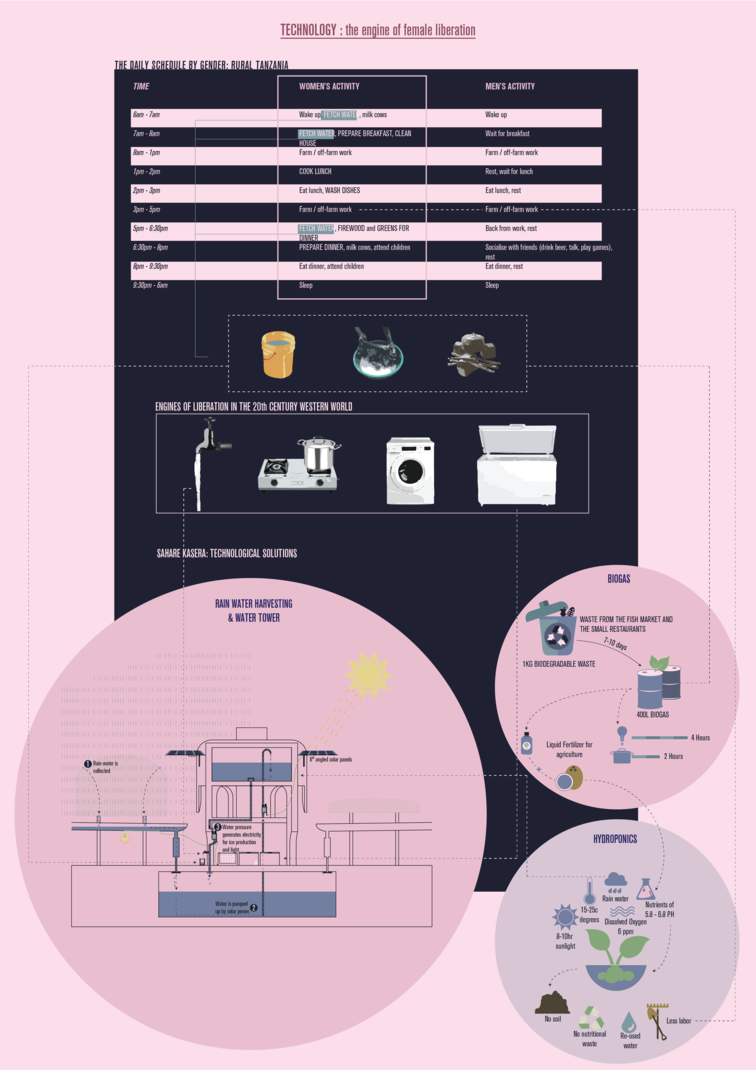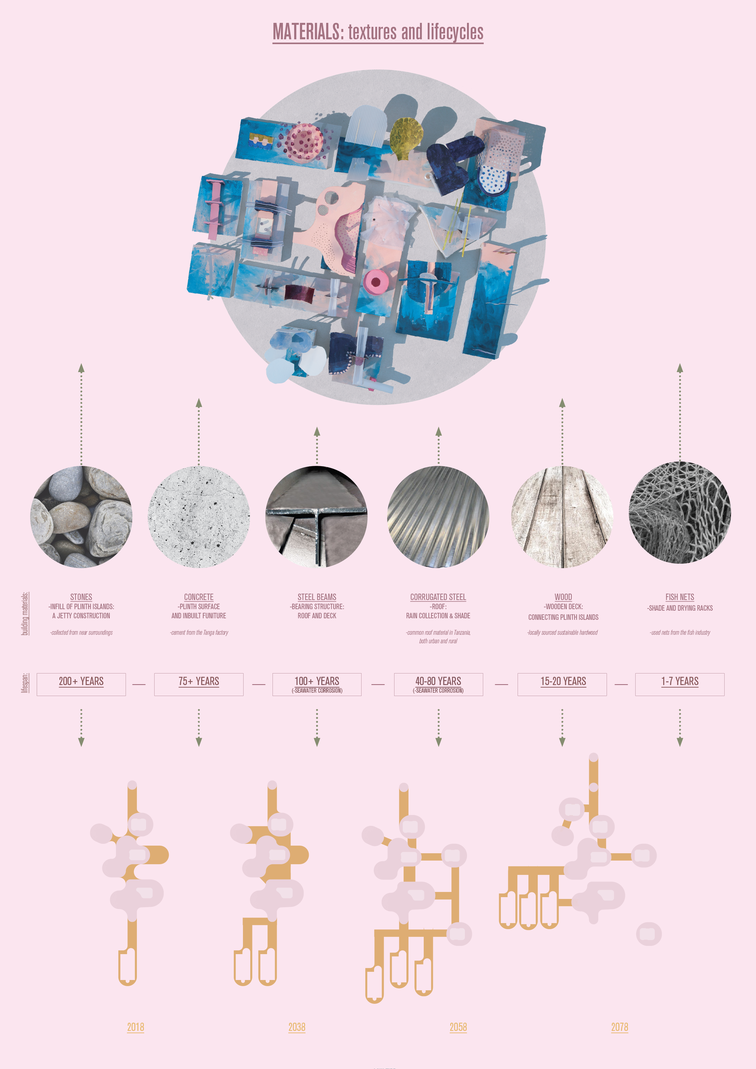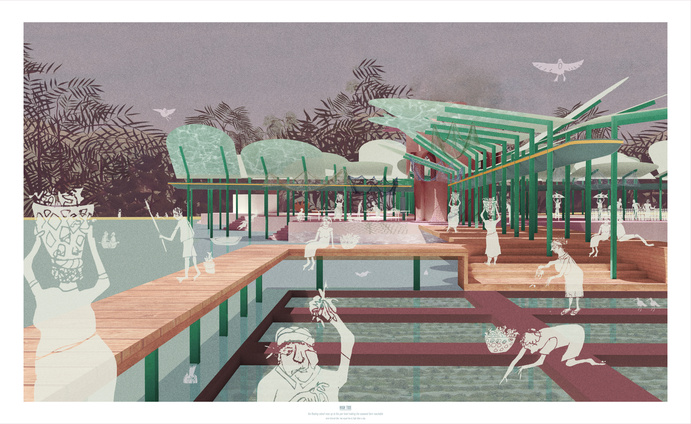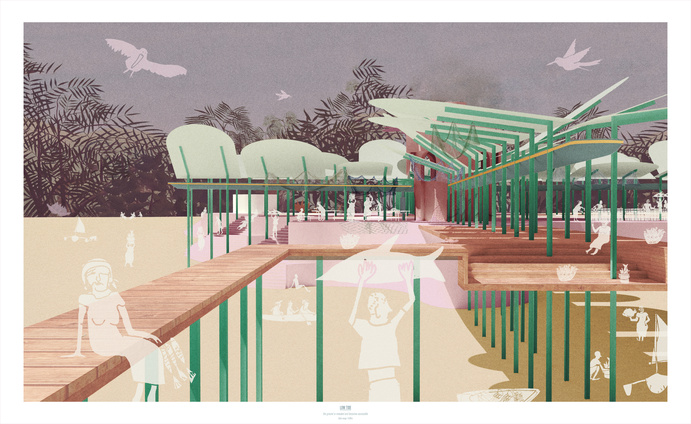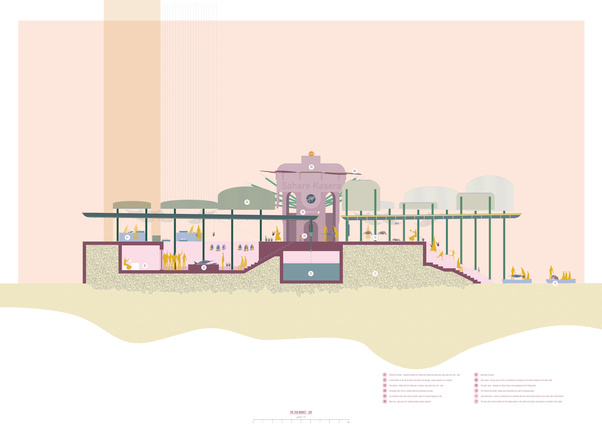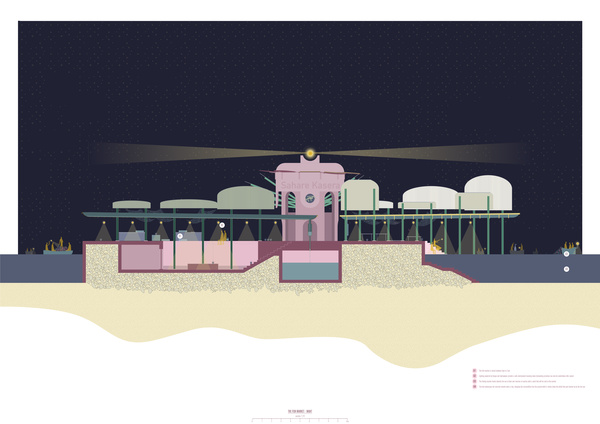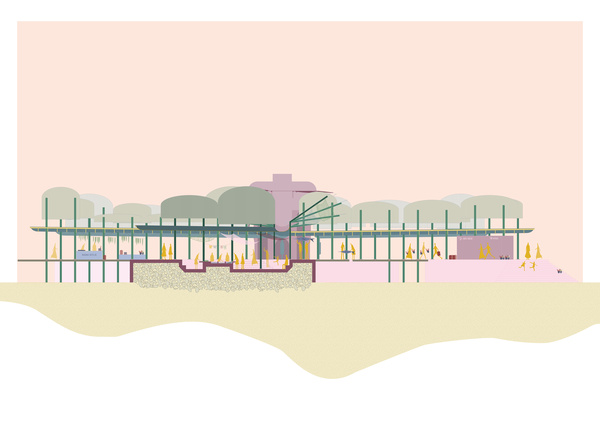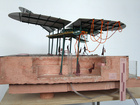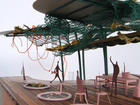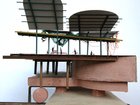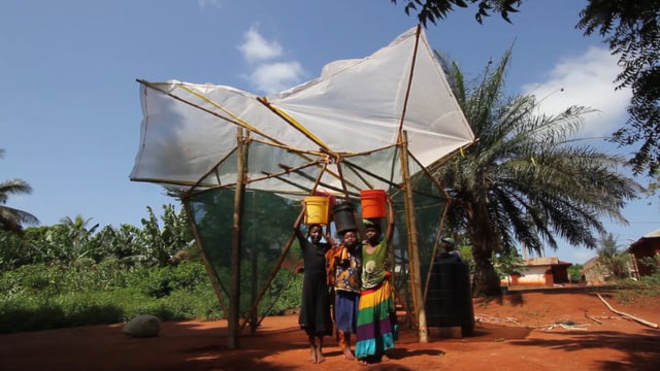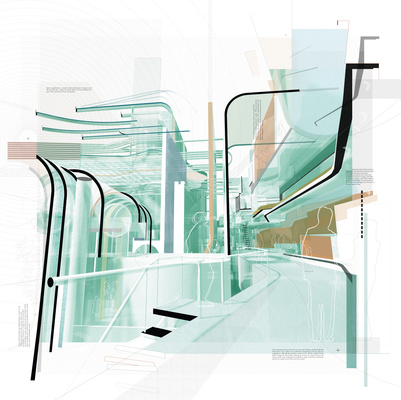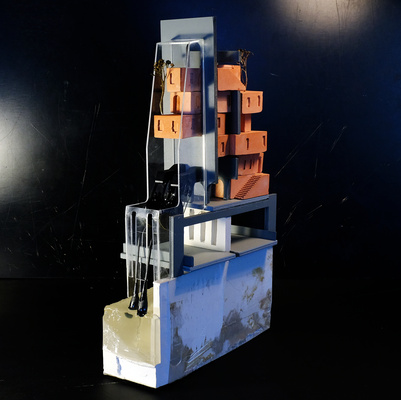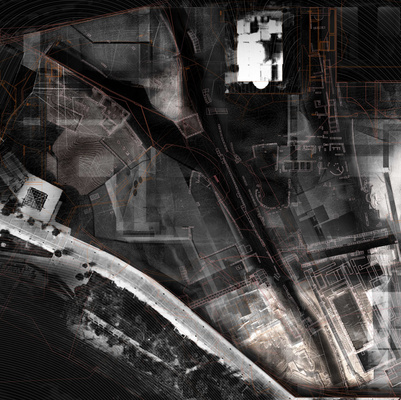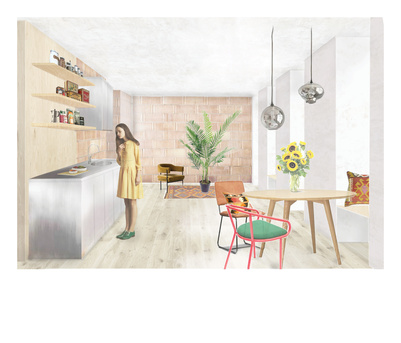Sahare Kasera: a feministic fish market in Tanzania
This project is a rethinking of the largest existing fish market in Tanga, a town in north east Tanzania.
It is an exploration into how feminist thinking can inform an architecture that empowers women and thereby strengthen the encompassing community, in this case a fishing community that gains its livelihood from the site.
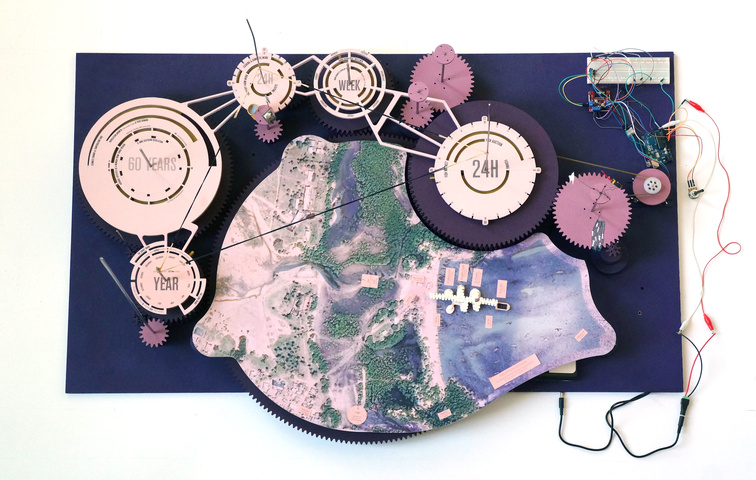
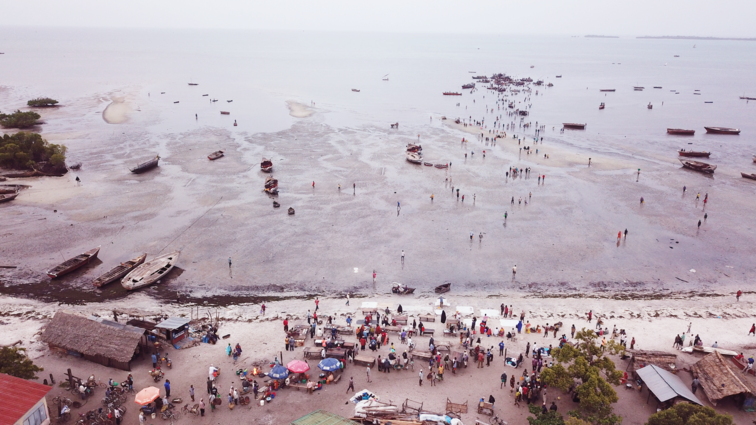
The project investigates how architecture and space relates to gender equality - in this particularly relevant context – and how, through architecture, these inequalities might be acknowledged, addressed and ultimately reduced.
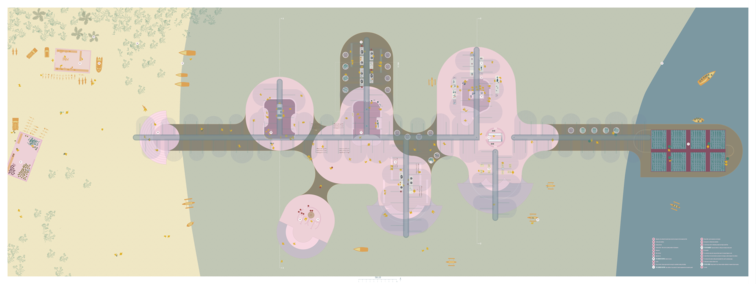
Feminist theories and tactics have been the fundamental tool for understanding the context, to be able to create a pertinent architecture that challenges the lens through which architecture is shaped. The embodiment of these tactics into the spatial practice have also been a crucial part of the investigation of creating a female empowering architecture. This projects endeavours theory’s ability to be both an analytical and a creating tool.
